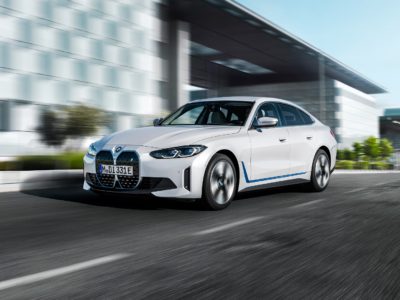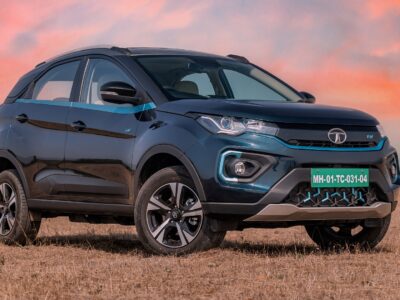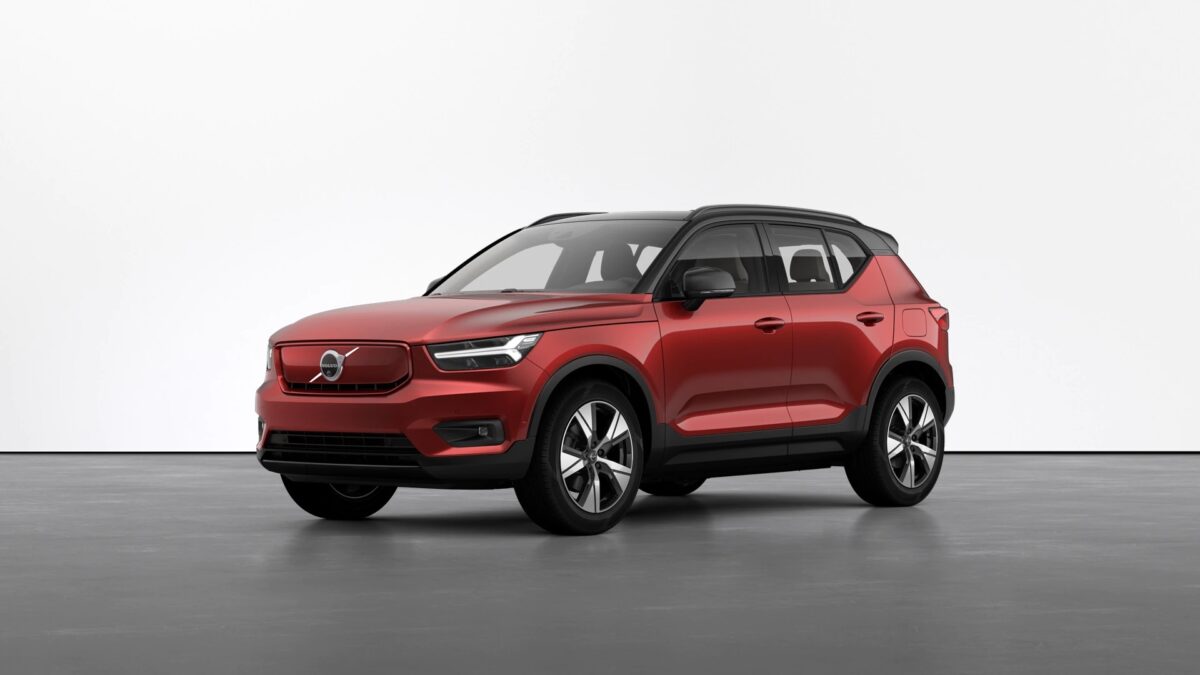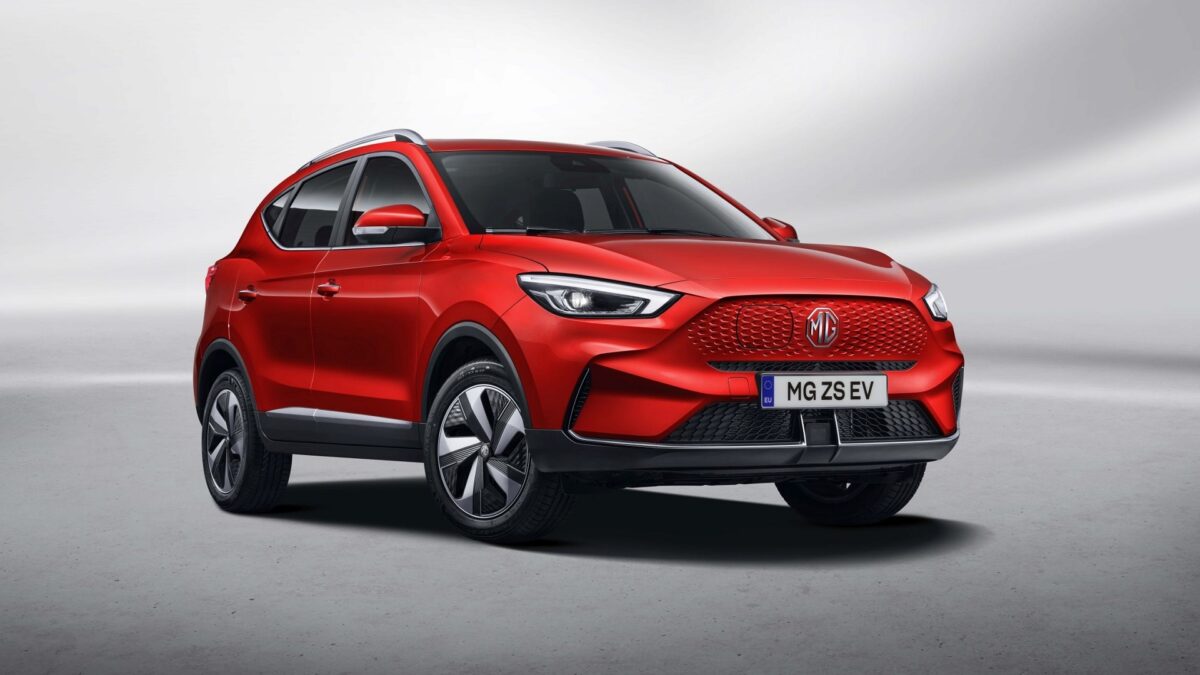As a market leader in India, Maruti Suzuki has loads of spoken and unspoken responsibilities on its shoulders. And when it does something in any direction, even if the implications are negligible, everyone still takes notice. So, you can imagine how the industry felt when the largest carmaker announced that from October 2018 a fleet of fifty electric WagonR prototypes would be plying on our roads. Fast forward to the present and Maruti Suzuki chairman, R C Bhargava, has confirmed that the zero-emissions WagonR will not be launching in 2020. That’s contrary to the original plan. What exactly happened?
EV Still Not Ready
Bhargava says that in 2020, the electric WagonR test mules will enter the next stage of trials and testing. In other words, it will not be as ready as it should be to be commercially available for consumers.
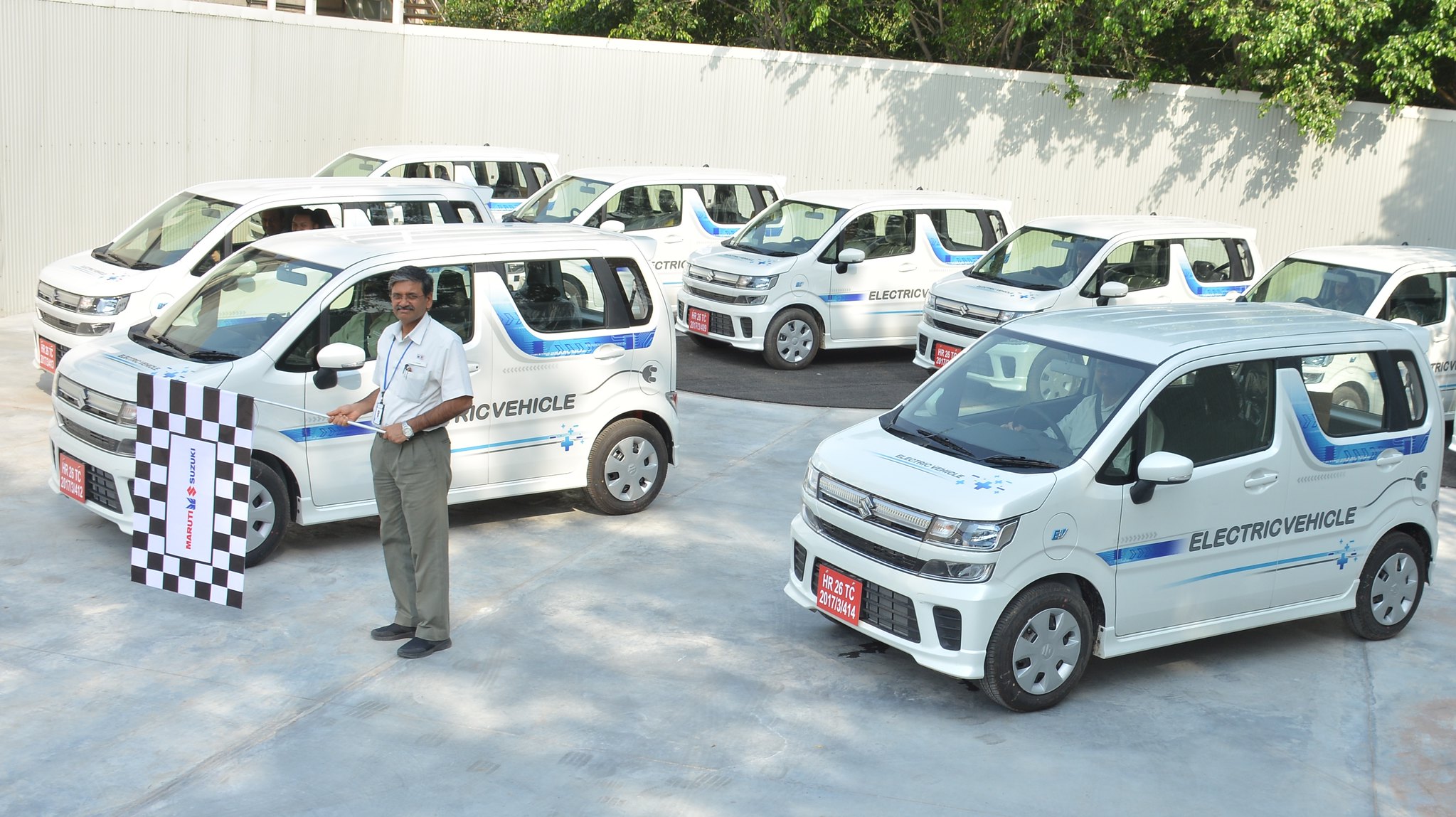
FAME Does Not Support Personal Cars
The second phase of Faster Adoption and Manufacturing of (Hybrid &) Electric Vehicles (FAME) went live in April this year. Devised for three years, the government sidelined a total of Rs 10,000 crore for its implementation. Amongst the array of incentives defined for varied vehicle types, only 55,000 cars, purchased solely for commercial use, are eligible for any subsidy. That is a pain area for Maruti Suzuki. The company feels that the government’s EV plans have changed substantially from what they were a couple of years ago.
Lack Of Supporting Infrastructure
Apart from a few charging stations in a handful of cities across India, the supporting infrastructure for EVs is far from adequate. For a mass-market player like Maruti Suzuki, a widespread network of charging stations is necessary for EVs to make any sense to consumers. Some might point out players like Mahindra and Tata Motors, both of which already have one EV each in their portfolio. Others would balance that by highlighting the next-to-no response for those products.
No Localisation Of Key EV Components
Maruti Suzuki’s chairman said that the company could launch an EV soon. But if it doesn’t appeal to the mass-market, primarily because of the high asking price, then what is the point? To address the price issue, he said that localisation of key EV components, such as the battery, is vital.
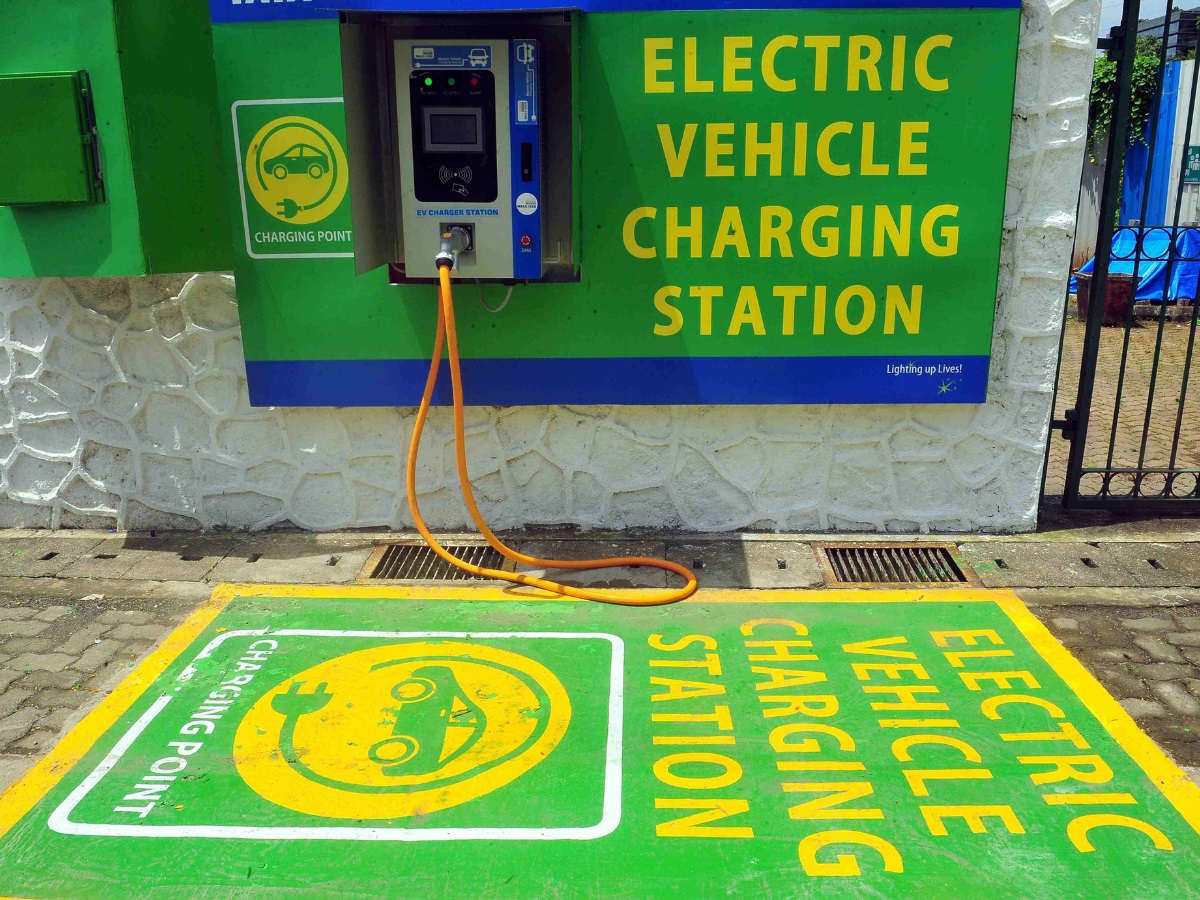
You have to agree that on the whole Maruti Suzuki does make sense. Only with those gaps gone can automakers expect consumers to consider EVs over conventionally-powered cars. That said, Maruti Suzuki is also building a battery production plant in Gujarat. If all goes according to the plan, the said facility will go operational sometime next year.
Despite Maruti Suzuki delaying its EV plans, the choice of like products in the market is set to go up from next year. By the end of the first quarter of 2020, we’ll have the Tata Nexon EV and the MG ZS EV. Mahindra is also prepping two EVs – the eKUV100 and the XUV300 Electric. Out of the two, we should get the former. More expensive products such as the Audi e-tron and the Nissan Leaf are also expected to commence their Indian innings.
Source: PTI


